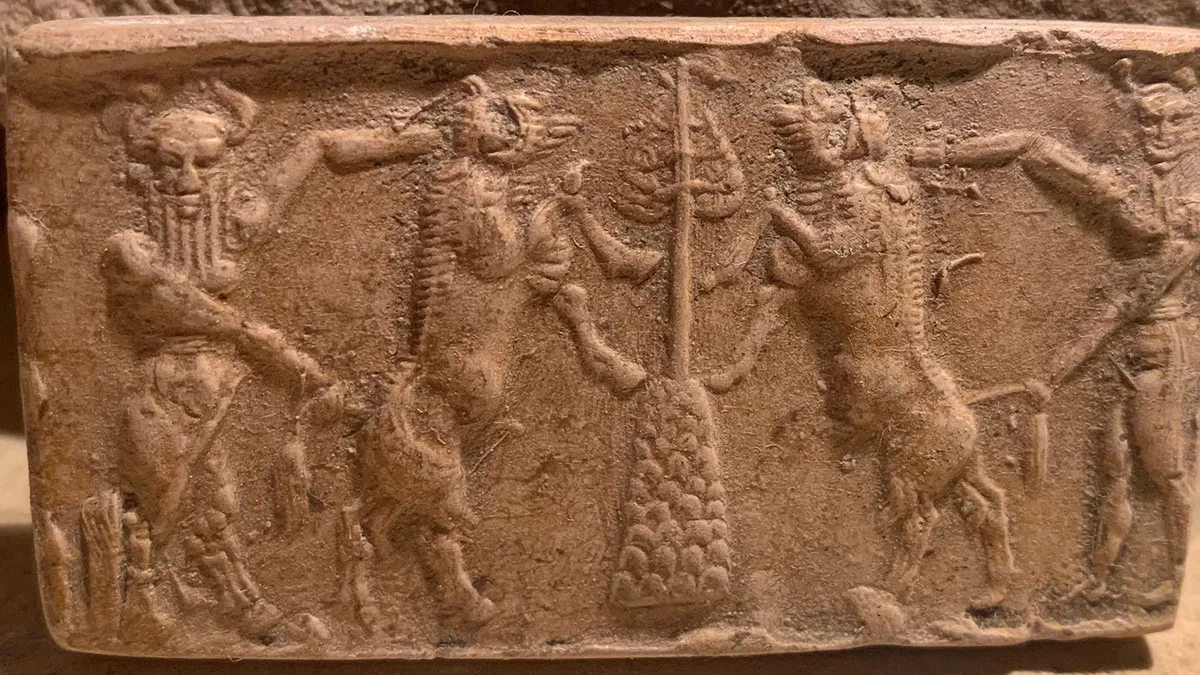Cultural exchange between Sumer and Akkadian
Cultural exchange between
Sumer and Akkadian
Early CivilizationsAkkadian EmpireThe earliest civilizations were formed on the banks of rivers. The most notable examples are the ancient Egyptians on the Nile the Mesopotamians on the Tigris Euphrates the ancient Chinese on the Yellow River and the ancient Indians on the Indus. These early civilizations began to form during the Neolithic Revolution (12,000 BC) The Akkadian Empire reached its political peak between the 24th and 22nd centuries BC following the conquests by its founder Sargon of Akkad. Under Sargon and his successors the Akkadian language was briefly imposed on neighbouring conquered states such as Elam and Gutium. Akkad is sometimes regarded as the first empire in histor
Stone tablet engraved with Akkadian text
The Akkadian Empire is considered by historians to be the first empire in the world. Founded in 2334 BCE by Sargon of Akkad, the empire united Mesopotamia stretched from the Persian Gulf to the Mediterranean Sea, and lasted for over a hundred years. Rivers were attractive to early civilizations because they provided a steady source of drinking water and fertilized the land for cultivation. They also facilitated the transportation of goods and people and the people of these civilizations could fish and hunt animals that came to drink. In addition those lost in the wild could return to their civilization by traveling along the rivers which were the main concentration areas of the population.








